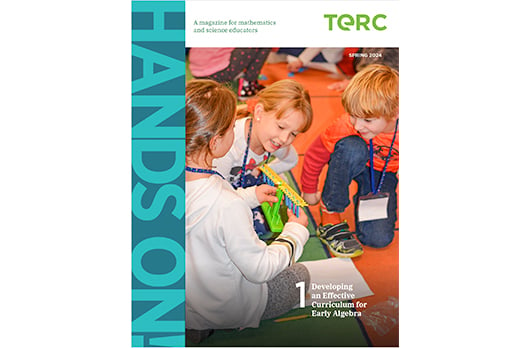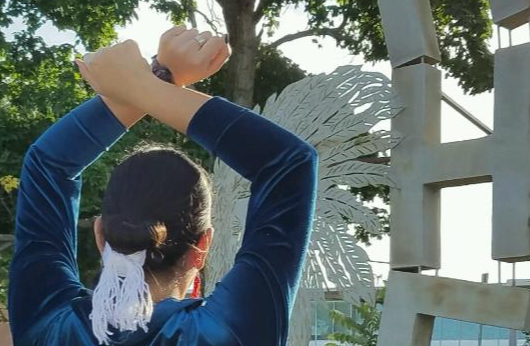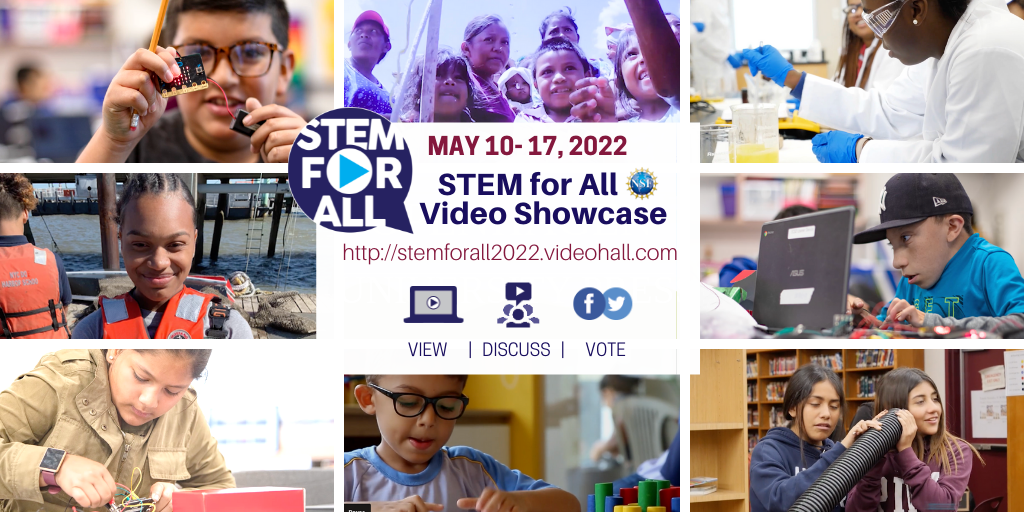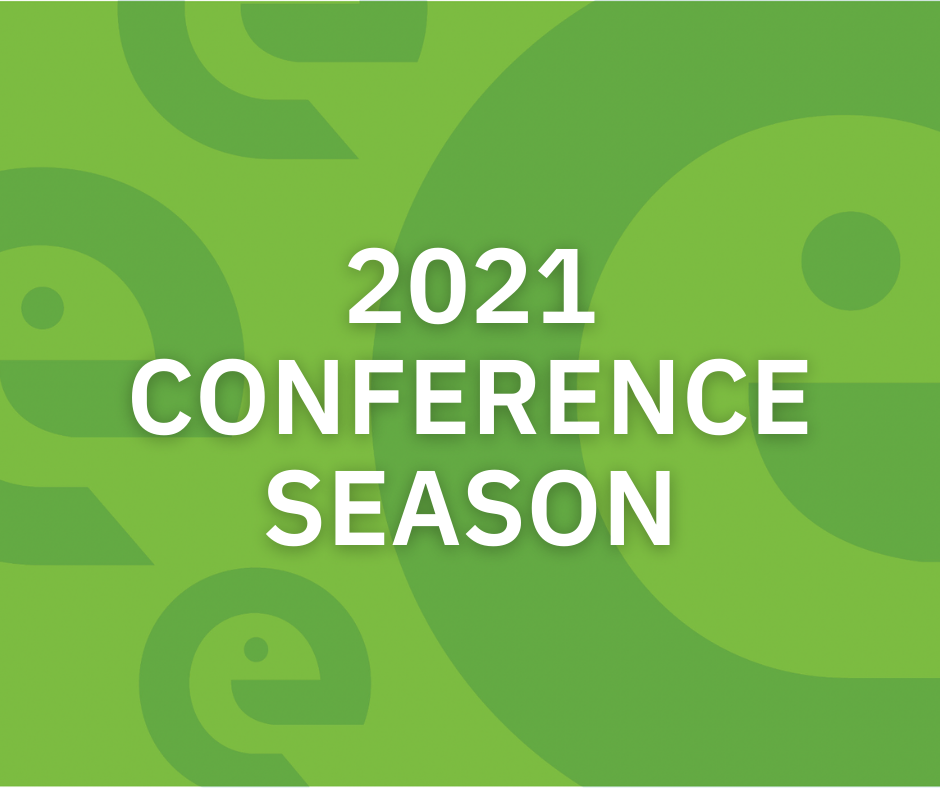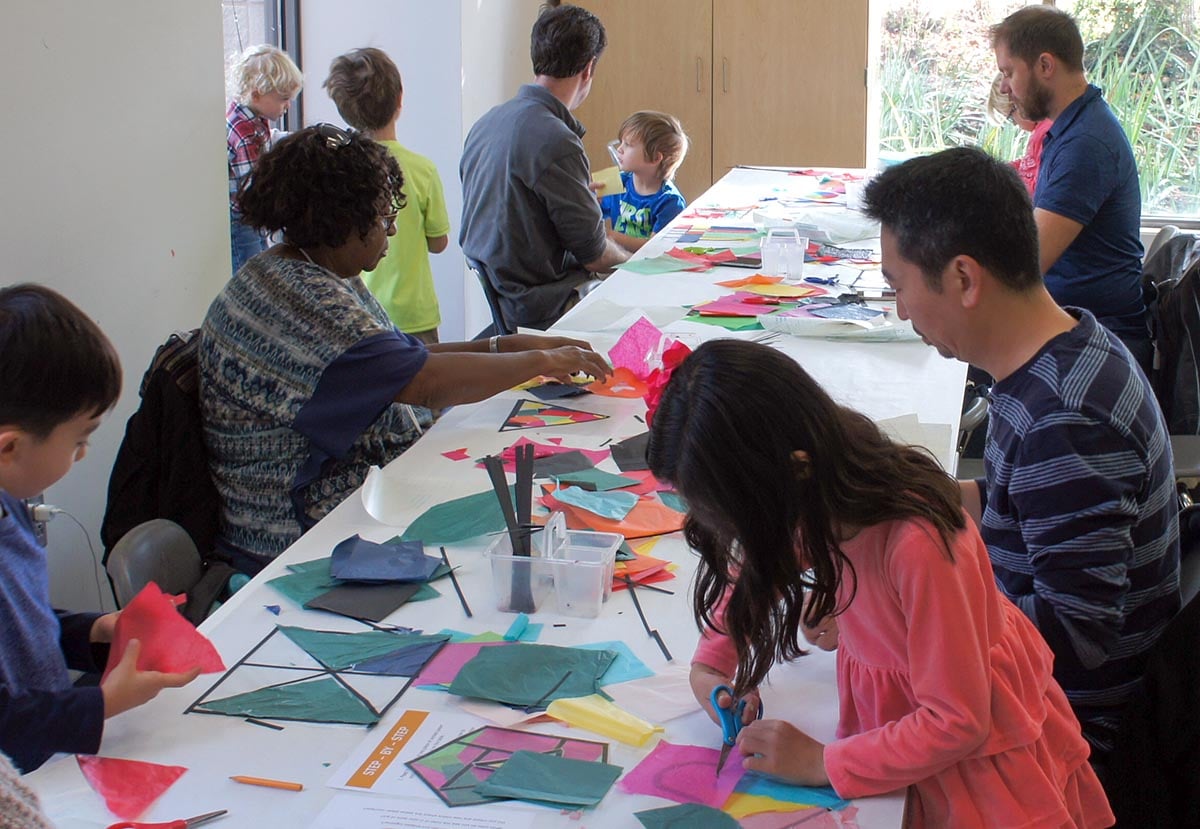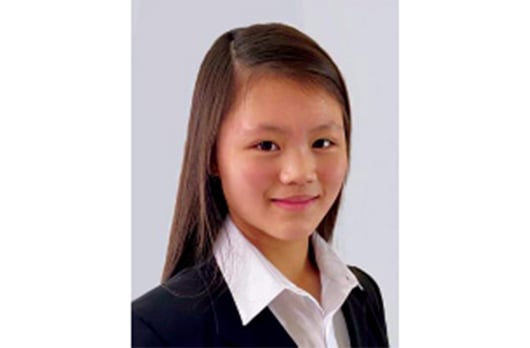TERC Blog
The Institute for Meta-Synthesis
Bringing Meta-Synthesis Methods to STEM Education Research
Origins
In 2020, TERC researchers Mia Ong, Nuria Jaumot-Pascual, Lisette E. Torres-Gerald, and Christina Silva created the Institute for Meta-Synthesis: A Practicum Through the Lens of STEM Equity and Inclusion Literature (IMS). Their goal was to help scholars build capacity in qualitative meta-synthesis methods and synthesis proposal development skills, with an emphasis on STEM (science, technology, engineering, and mathematics) education equity and inclusion literature.
 The four-year project was funded by the National Science Foundation (NSF) Building Capacity in STEM Education Research (BCSER) Program. IMS team members have conducted and published meta-syntheses for over 15 years, focusing on the topics of women of color in STEM, computer science, and engineering higher education (Ong et al., 2011; Ong et al., 2020; Jaumot-Pascual, Ong et al., 2021; Jaumot-Pascual, Silva et al., 2021). This work became the foundation of the activities and other curriculum materials developed for IMS.
The four-year project was funded by the National Science Foundation (NSF) Building Capacity in STEM Education Research (BCSER) Program. IMS team members have conducted and published meta-syntheses for over 15 years, focusing on the topics of women of color in STEM, computer science, and engineering higher education (Ong et al., 2011; Ong et al., 2020; Jaumot-Pascual, Ong et al., 2021; Jaumot-Pascual, Silva et al., 2021). This work became the foundation of the activities and other curriculum materials developed for IMS.
Throughout the project, the IMS team offered online and in-person workshops to share their methods for conducting qualitative meta-syntheses. Skills taught included literature searches, like snowballing; literature selection and tracking; deductive and inductive coding; and thematic analysis. The project team developed a series of materials, including a user guide, coaching forms, and demonstrations, to ensure that scholars conducting their own meta-synthesis felt confident in applying these methodological skills to their respective disciplines, regardless of career level or experience with qualitative methods.
Defining Meta-Synthesis
Qualitative meta-synthesis is a set of methods that involves collecting, analyzing, and synthesizing literature reporting on multiple qualitative studies to develop a comprehensive understanding of a particular phenomenon (see Figure 1). It often involves a systematic gathering, review, and assessment of existing qualitative research, with a focus on identifying patterns and themes across different studies. The objective is to create a new interpretation of the literature that goes beyond any single study, generating new insights and knowledge of the phenomenon being explored. Meta-synthesis is used in a variety of disciplines, including education, healthcare, and the social sciences.
Institute for Meta-Synthesis Outreach
Between May 2021 and January 2024, the IMS team facilitated 22 webinars and multi-day online workshops, teaching meta-synthesis methods to more than 2,200 participants and reaching nearly 7,000 scholars worldwide. Investigators were recruited and virtually hosted by IMS’s partners, including Boston University, Fort Valley State University, the University of Georgia, and the University of Massachusetts at Boston. Two of the webinars were hosted by the American Educational Research Association (AERA): The PEERS (Partnerships for Expanding Education Research in STEM) Data Hub, co-sponsored with the Inter-university Consortium for Political and Social Research; and the AERA Virtual Research Learning Series. Participants gave overwhelmingly positive feedback, praising the IMS offerings as “honest and open,” and “easy to follow,” and expressing appreciation for “under-the-hood information” and “outstanding” resources. One participant noted, “I have a better—in fact, a brand new—understanding of meta-synthesis, thanks to this workshop, one that has changed my approach to how I will research my topic and plan for future work.”
 In June 2023, the IMS team offered their first in-person, four-day workshop to scholars from across the country who joined them at TERC in Cambridge, Massachusetts. IMS team members and consultants shared their expertise in specific areas of meta-synthesis, such as using computer-assisted qualitative data analysis software and meta-synthesis publication (see Figures 2 and 3). Participants described the workshop as “transformative,” “tremendous,” and having “exceeded all expectations.” Evaluation data revealed that the workshop gave participants increased clarity and confidence about conducting meta-synthesis.
In June 2023, the IMS team offered their first in-person, four-day workshop to scholars from across the country who joined them at TERC in Cambridge, Massachusetts. IMS team members and consultants shared their expertise in specific areas of meta-synthesis, such as using computer-assisted qualitative data analysis software and meta-synthesis publication (see Figures 2 and 3). Participants described the workshop as “transformative,” “tremendous,” and having “exceeded all expectations.” Evaluation data revealed that the workshop gave participants increased clarity and confidence about conducting meta-synthesis.
Outcomes of the June In-Person Workshop
Following the June workshop, the IMS team gathered scholars as a cohort via Zoom to support one another and to provide updates on their meta-synthesis projects. Emergent outcomes, less than six months later, are noteworthy. One participant turned her meta-synthesis project into the first chapter of her book, which is now in press. She noted, “[Meta-synthesis was] a great way to talk about studies on parental involvement in diverse communities since 1990—just really to get the landscape [of] what is out there on parental involvement in diverse communities.” Two other investigators wrote and submitted their meta-synthesis manuscripts to top peer-reviewed journals. Another investigator submitted an NSF CAREER grant proposal, where she proposed meta-synthesis as a main component of her project. Two additional investigators are currently collaborating to test and incorporate artificial intelligence into meta-synthesis memo writing, and one has applied for an internal faculty grant to deepen this work.
What is next for the Institute for Meta-Synthesis?
The IMS project will end in September 2024. The team is working diligently on creating permanent resources, focused on equity and inclusion in STEM education, that will be publicly available on its website (www.terc.edu/metasynthesis). These resources will include an updated user guide that provides step-by-step instructions on conducting qualitative meta-synthesis. The website will also contain video demonstrations, templates, and coaching forms to support scholars as they develop their own meta-synthesis.
If you have questions about meta-synthesis methods or if you are interested in attending a future workshop offered by the Institute for Meta-Synthesis, email the IMS team at metasynthesis@terc.edu.
Acknowledgements
The authors thank Ada Ren-Mitchell for support with the Figure 1 graphic. Material for the Institute for Meta-Synthesis, Inside the Double Bind, Engineering Beyond the Double Bind, and Literature Analysis and Synthesis of Women of Color in Computing and Technology projects are based upon work supported by the National Science Foundation under Grants Nos. 2024967, 1760845, 0635577, and 1427129. Any opinions, findings, and conclusions or recommendations expressed in this material are those of the authors and do not necessarily reflect the views of the National Science Foundation.
Photo credits: Jaclyn Parks
References
Jaumot-Pascual N., Ong, M., Silva, C., Martínez-Gudapakkam, A. (2021). Women of color leveraging community cultural wealth to persist in computing and tech graduate education: A qualitative meta-synthesis. Education Sciences, 11(12):797. https://doi.org/10.3390/educsci11120797
Jaumot-Pascual, N., Silva, C. B., Martinez-Gudapakkam, A., & Ong, M. (2021). Women of color in computing graduate education: Structural supports and navigation strategies for a hostile culture. In Proceedings of 2021 Research on Equity and Sustained Participation in Engineering, Computing, and Technology (RESPECT) Conference, pp. 1-9.
Ong, M., Jaumot-Pascual, N., & Ko, L. T. (2020). Research literature on women of color in undergraduate engineering education: A systematic thematic synthesis. Journal of Engineering Education, 109, 581–615. doi: 10.1002/jee.20345. https://onlinelibrary.wiley.com/doi/pdfdirect/10.1002/jee.20345
Ong, M., Wright, C., Espinosa, L. L., & Orfield, G. (2011). Inside the double bind: A synthesis of empirical research on undergraduate and graduate women of color in science, technology, engineering, and mathematics. Harvard Educational Review, 81(2), 172–208. https://otl.wayne.edu/wider/inside_the_double_bind.pdf
Author Bios
Christina B. Silva (she/her) is a Researcher at TERC. She began her career in STEM education research through her participation in an internship program at TERC offered to undergraduate students who are underrepresented in STEM education. Her research focuses on the lived experiences of people of color, particularly women and girls of color, in STEM education and professions. She currently works on multiple projects, all of which are led by men and women of color, that are grounded in achieving STEM equity and inclusion. She has also assisted on research conducted by the American Institute of Physics TEAM-UP Task Force. She holds a Bachelor of Social Work from Simmons University.
Dr. Nuria Jaumot-Pascual (she/her/ella) is a Research Scientist at TERC and co-leads the Institute for Meta-Synthesis. She researches the experiences in STEM education and careers of populations that live at the intersection of interlocking marginalities, with an emphasis on gender/sexual identity and race/ethnicity. Dr. Jaumot-Pascual has taught research methods to graduate students at Piedmont College and the University of Georgia. She is an ARC (ADVANCE Resource and Coordination) Network Research Board Member. She is a methodologist who specializes in qualitative meta-synthesis and photo elicitation methods. She holds a doctorate in Qualitative Research and Evaluation Methodologies from the University of Georgia.
Dr. Maria (Mia) Ong (she/her) is a Senior Research Scientist at TERC and leads the Institute for Meta-Synthesis. For over 25 years, Dr. Ong has led qualitative and mixed-methods research focused on equity and inclusion in higher education, including four synthesis projects. Her research findings have been published in numerous journals, including the Journal of Research in Science Teaching, Harvard Educational Review, and the Journal of Engineering Education. She has extensive experience teaching qualitative research methods at schools such as Harvard, Vanderbilt, MIT, and Boston University. She has held advisory roles at the National Science Foundation, the American Institute of Physics, and the National Academies of Sciences, Engineering, and Mathematics. Dr. Ong holds a doctorate in Social and Cultural Studies in Education from the University of California at Berkeley.
Dr. Lisette E. Torres-Gerald (she/her/ella) is a trained scientist and disabled scholar-activist who is a Senior Researcher at TERC and the Director of Operations and Communication for the new national NSF AISL equity resource center called the Reimagining Equity and Values in Informal STEM Education (REVISE) Center. Her research focuses on addressing racialized gender justice and disability in science and higher education. She is a co-founder of Sines of Disability and the National Coalition for Latinxs with Disabilities (CNLD). Lastly, she has been identified as an AERA/Spencer Foundation Early-Career Scholar and a Kavli Foundation Sponsored Network Leader for Inclusive Science Communication. Dr. Torres-Gerald has a doctorate with a Certificate in Social Justice from the School of Education at Iowa State University and an M.S. in Zoology with a Certificate in Ecology from Miami University.



